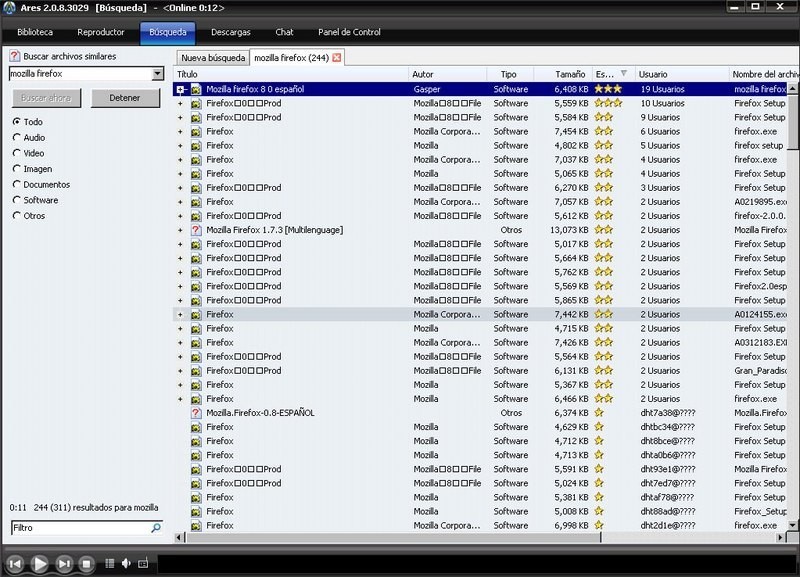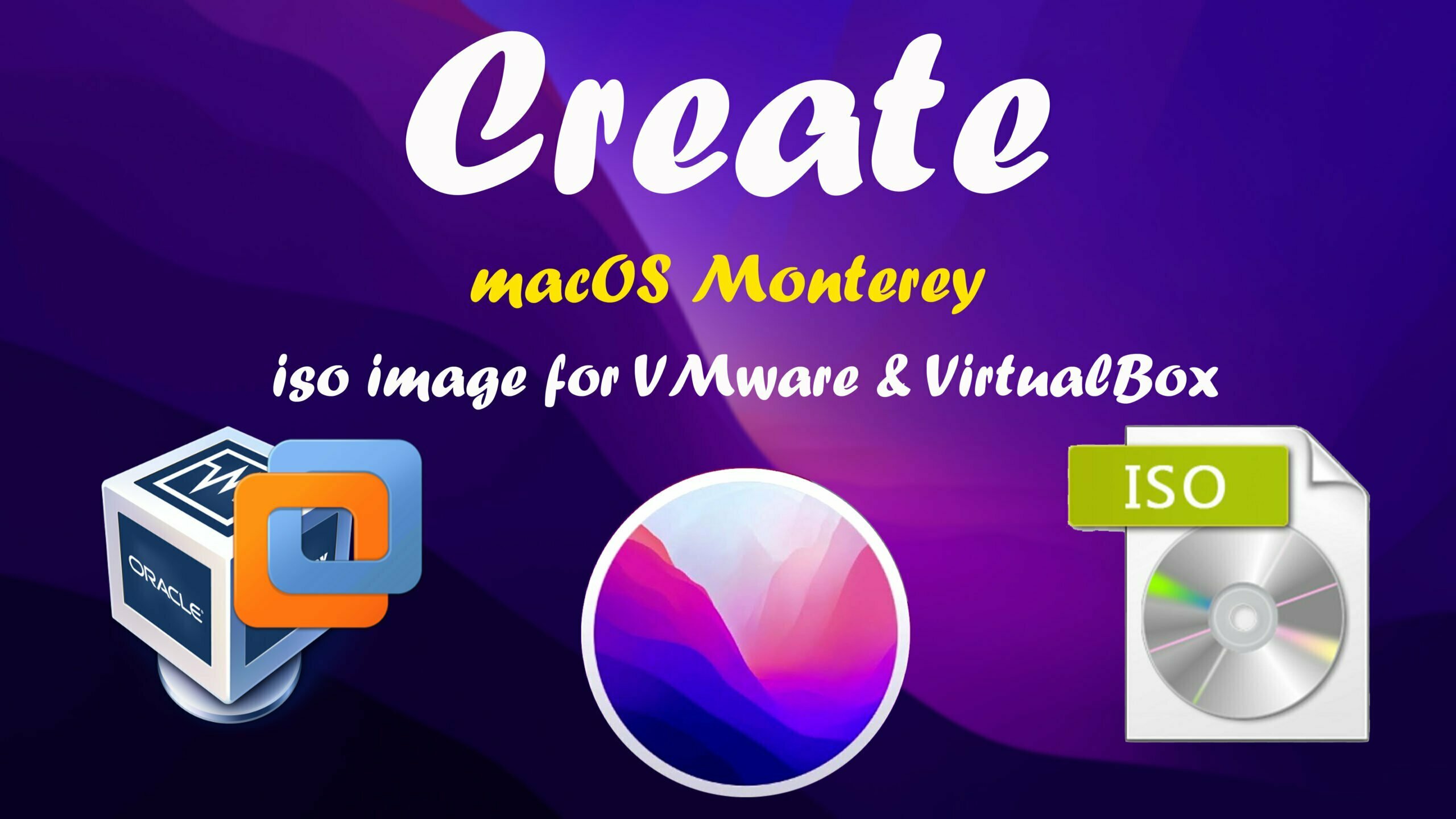
This new version, introduced as part of MacOS Big Sur, allows Intel software to run in emulation on Apple processors. Rosetta 2 was announced on June 22 at the 2020 Worldwide Developers Conference. Rosetta became an optional download for Mac OS X 10.6, and was no longer supported by Mac OS X 10.7. Rosetta first appeared in October 2005 as part of Mac OS X 10.4.3 to support Intel-based Macs.

That means a PowerPC-only web browser application (such as Microsoft's legacy Internet Explorer for Mac) will not be able to load Java applets an Intel-ready version of the browser is needed (such as Safari, Camino, or Firefox).

In general, Rosetta does not run the following:

Pre-existing PowerPC versions of Apple "Pro" media-production applications (such as Final Cut Pro/ Express, Motion, Soundtrack Pro, DVD Studio Pro, Aperture, and Logic Pro/ Express) are not supported by Rosetta, and require a "crossgrade" to a universal binary version to work on Intel-based Macs. However, there are very few applications that strictly require the G5 processor, so compatibility with most applications is possible.Īccording to Apple, applications with heavy user interaction but low computational needs (such as word processors) are well suited to translation via Rosetta, while applications with high computational needs (such as raytracers or Photoshop) are not. It translates G3, G4, AltiVec, and OpenGL instructions, but it does not translate software that requires the G5-specific features of later Apple systems such applications have to be modified by their developers to work on Intel-based Macintoshes. Rosetta is included, pre-installed with the operating system, on Macintosh computers that use Intel's Core processors.


 0 kommentar(er)
0 kommentar(er)
